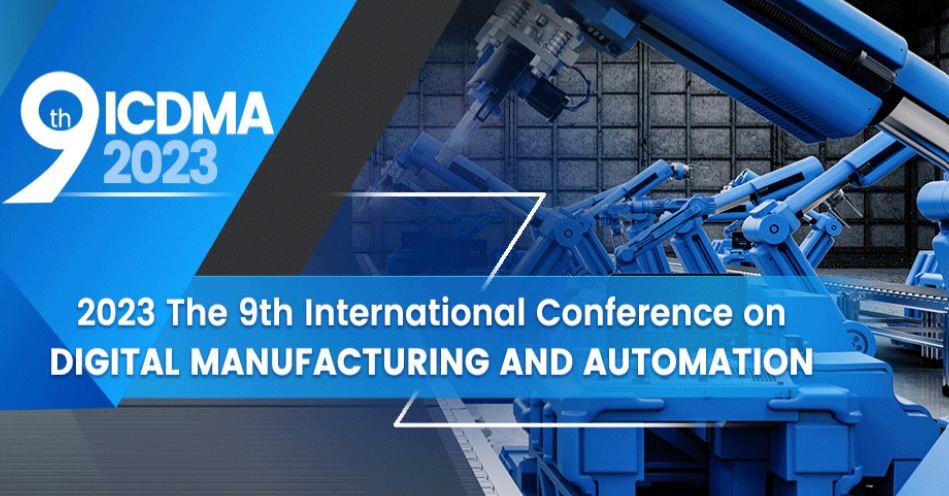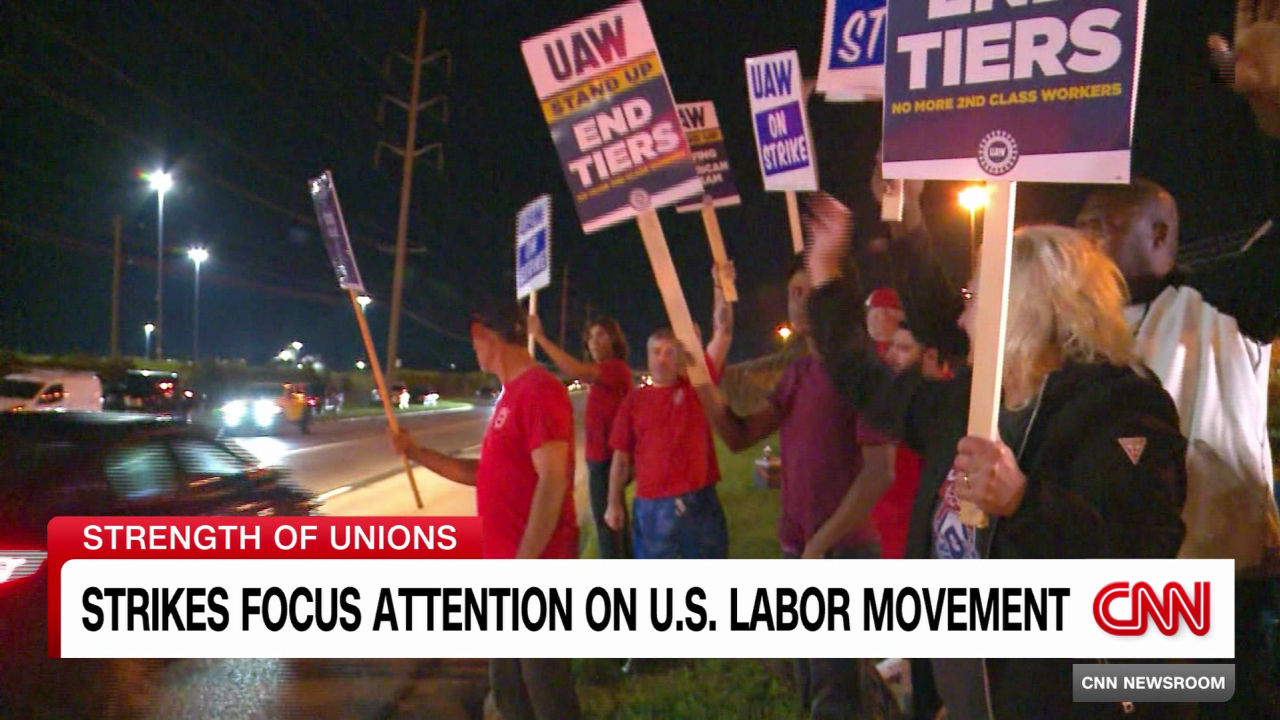Understanding the Automation Debate
The conversation around automation has become increasingly polarized, often framed as a binary issue of job loss versus job creation. However, as MIT economist David Autor pointed out in a recent talk at the Stanford Digital Economy Lab, the reality is far more complex. Automation doesn’t merely displace jobs; it reshapes the landscape of work itself, affecting wages and job descriptions in ways that disproportionately impact workers without specialized skills.
Task Shifts Reveal Economic Inequality
Autor"s analysis of job descriptions from 1977 to 2018 reveals a troubling trend: while many routine tasks have been automated, the jobs that survive increasingly demand higher levels of expertise. For example, jobs like proofreading have evolved from basic tasks like spell-checking to more complex roles requiring deep knowledge of writing and grammar. This shift underscores the widening economic divide, where only those with specialized education can thrive.

Industry Events - 2023 The 9th International Conference on ...
Wage Declines for Nonexpert Positions
The implications for workers are stark. According to Autor, jobs that lose their nonexpert tasks but gain expert tasks see wages decline as more individuals can perform the basic functions. In the case of taxi drivers, exposure to ride-sharing platforms like Uber has transformed the profession, increasing the number of drivers while simultaneously stagnating wages. As reported by research from the National Institutes of Health, this phenomenon is symptomatic of a labor market where automation creates a race to the bottom for nonexpert roles.
The Rise of Expert Tasks and Their Consequences
On the flip side, jobs that shed nonexpert tasks but incorporate more expert functions tend to experience wage increases. Autor’s research indicates that while the elimination of routine tasks can lead to lower employment, those remaining in specialized roles often enjoy higher wages. This creates a scenario where the bar for entry into a well-paying job becomes prohibitively high, further entrenching economic inequality.
Automation"s Dual Nature
Autor"s findings highlight what he terms the "exposure paradox." As automation progresses, jobs are not just disappearing; they are evolving in ways that favor those with the means to adapt. While some workers find opportunities to engage in more expert tasks once considered out of reach, many others face diminishing job prospects as their roles become diluted into routine tasks that anyone can perform. This dual nature of automation threatens to create a workforce divided along lines of education and access.

Unpacking the White House spin on the impact of "globalist ...
AI"s Role in Shaping Future Work
As the conversation around artificial intelligence expands, it is crucial to consider its potential impact on these dynamics. Autor acknowledges that his study doesn’t fully account for the emerging capabilities of AI like ChatGPT, which could democratize access to expertise. In theory, AI could allow nonexperts to handle tasks previously reserved for trained professionals, thereby leveling the playing field. However, this prospect raises critical questions about the quality of work and the value placed on human expertise.
Will AI Increase Economic Equity?
While Autor suggests that AI could benefit nonexperts by reducing barriers to entry, this perspective is not without its critics. The fear remains that as AI systems become more sophisticated, they will do little to alleviate existing inequities. Instead, they could further entrench the advantages enjoyed by those already in positions of power. The potential for AI to exacerbate wage disparities cannot be ignored.
Confronting the Economic Landscape
As we stand on the brink of a new technological era, it is imperative to confront the implications of these findings. The data shows that automation and AI are not neutral forces; they are shaping our economic landscape in profound ways. The labor market is evolving, but whether it evolves toward greater equity or entrenches existing disparities remains an open question.
In light of these changes, progressive policymaking becomes crucial. If automation and AI are to drive economic growth, they must be harnessed in a way that promotes collective prosperity rather than individual gain. The time for action is now, before we allow the economic divide to widen further.

Looking at the strength, and impact, of recent U.S. union strikes







![[Video] Gunfire between Iraqi security forces and Sadr militias in Baghdad](/_next/image?url=%2Fapi%2Fimage%2Fthumbnails%2Fthumbnail-1768343508874-4redb-thumbnail.jpg&w=3840&q=75)
